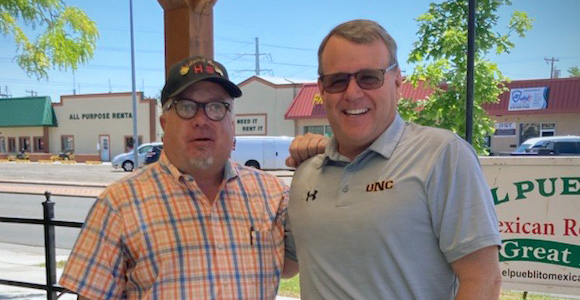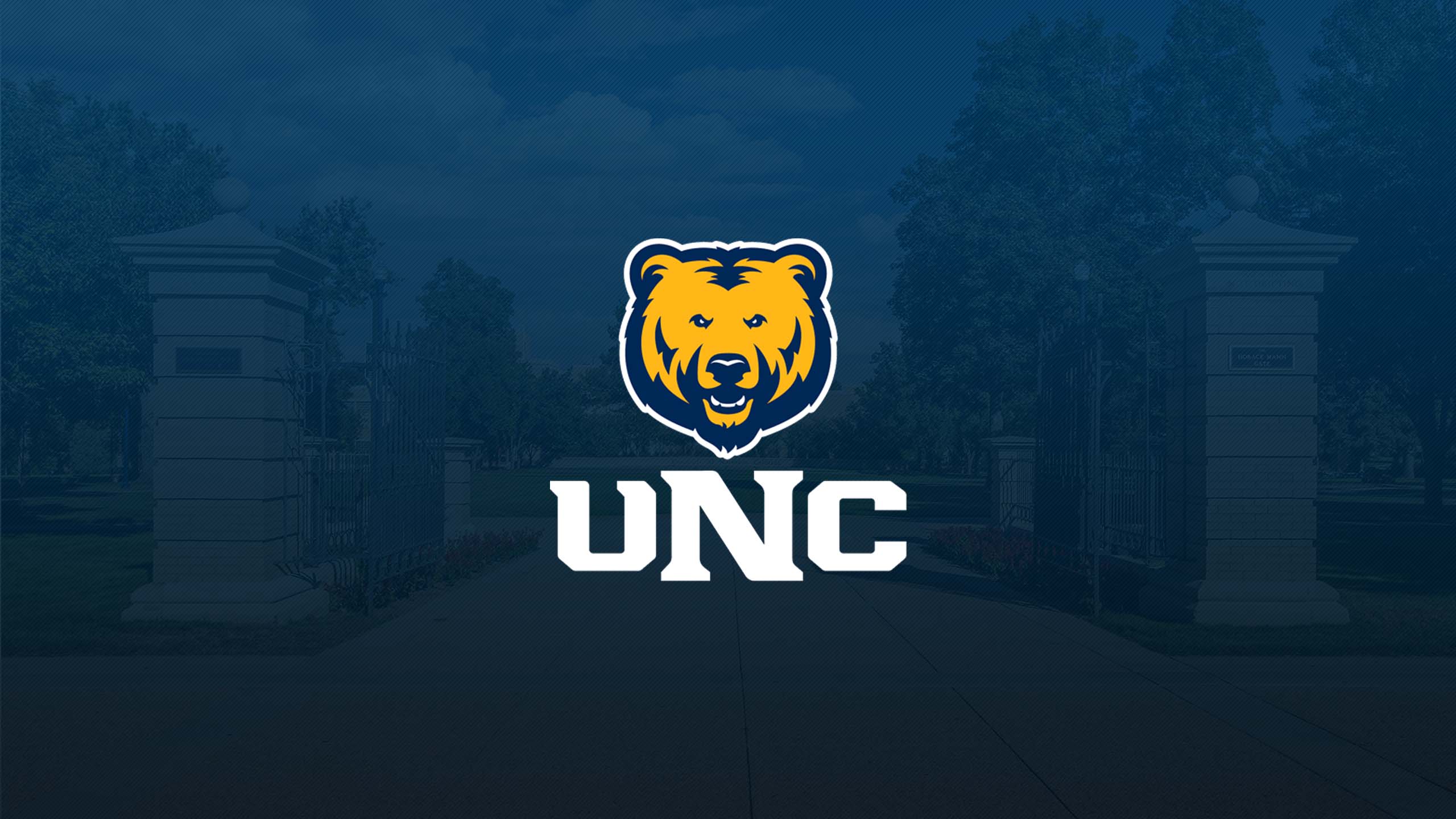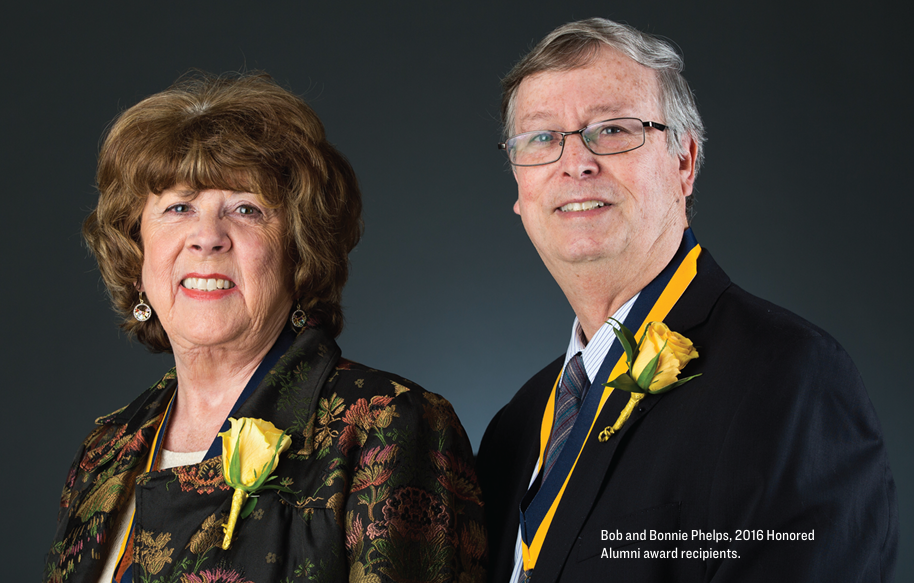
Some lessons remain with you for a lifetime.
More than 30 years after earning his Sociology degree, Skylar Houston ’90 can still recall a definition of a paradigm, from The Structure of Scientific Revolutions by Thomas Kuhn, a book he read in Sociology Professor Emeritus Daniel O’Connor’s class.
“A paradigm is a model of reality which serves for time to identify problems and solutions to a community of practitioners and scientists,” he says. He shares it as an example of the foundational learning that a college degree can offer.
Another lesson that remains with him? The belief in helping others that his parents instilled in him.
“Both my parents were very giving,” he says. “And I think that makes a difference when you have been brought up that way, that it’s important to give back.”
His parents, Ben and Nita Houston, raised four children on their ranch, Aristocrat Angus, near Platteville. Skylar says his mother was the backbone of the Houston family and worked closely alongside Ben managing the ranch and the family.
His father – inducted posthumously last year into the Hall of Great Westerners at the National Cowboy and Western Heritage Museum in Oklahoma City – passed away in 2016 and left a legacy as a rancher and a veteran who gave back to the community and the livestock industry.
It was a legacy of giving back that Skylar took to heart, and he chose to establish the Skylar Houston Scholarship, which supports first-generation students from Valley High School in Platteville.
He came to UNC as the first in his family to attend college. As a freshman, he lived in Turner Hall. There, he found lifelong friendships with roommates and others who lived in Turner. He connected with professors as well and has kept in touch with Dr. O’Connor.
“He was definitely one of my mentors. I just really had a great experience here,” he said.
After graduation, Houston worked at a law firm in Denver, considering law school before deciding to return to manage the family ranch alongside his father. He believes in the importance of having a college degree.
“I think whatever you’re learning, having the fundamentals of education can help you in your path with the people you interact with and will help you throughout not just your career, but your life.”
He has always appreciated the time he spent at UNC.
“I always wanted to give back to the university,” he says.
The scholarship Houston established allows him to give now, so that he can provide current students with scholarship support, and then contribute the remainder of his gift through his estate commitment. He feels it’s an opportunity to give back to others who may not have some of the college funding that he had.
“Their families might not have the opportunities that I felt blessed to have, to be able to be the first person in my family to go to college. I was lucky my parents were able to help. But I think it’s good that people can give back and make an impact. I set up my will so that a portion will continue to support UNC. I just felt that was important to lay that out – I felt good to have that set up,” he said.
“I’m honored to be the first recipient of this scholarship,” says Criminal Justice major Kiara Balderas. “Receiving this scholarship has made it possible for me to continue my education.”
Houston hopes that the scholarship makes it easier for students to live in the moment and enjoy their college experiences. “I hope that this scholarship will free up some time for students. It goes by so fast. And you know, the older you get, the faster it goes,” he says.
His advice to students? “When you’re young, live in the moment, because time really evaporates, and so I would say to enjoy that time and the connections you make and get involved in the college experience.”
More Stories
-
Transforming Chemistry Education from Greeley Around the Globe
Este artículo no está en español.
-
Forging Art and Community: The Maxine and Don Schwartz Foundry
Este artículo no está en español.
-
The Phelps Family Legacy is All About Paying It Forward
Este artículo no está en español.
-
Building Champions Garners Global Support and Empowers Student-Athletes
Este artículo no está en español.




